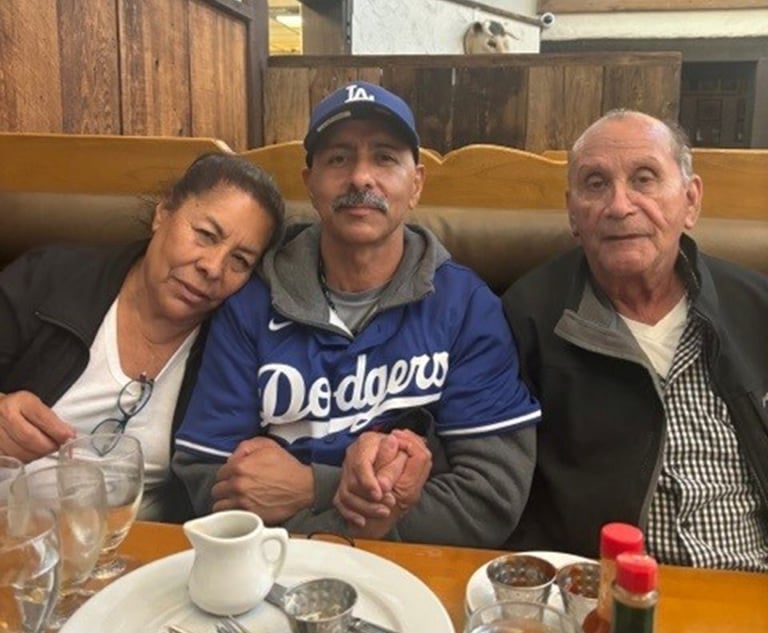Taking depositions is fundamental to every trial lawyer’s civil case practice. What will the other side, and the key witnesses, say about what happened to bring the parties to court? As every lawyer learns early on, a deposition is taken for several purposes. But I have found over the years that one critical purpose all too often gets lost in the shuffle: getting evidence to use at trial. This purpose seems so obvious. Nonetheless, after countless hours in the deposition room, I’m convinced that trying the case is frequently the last thing on opposing counsel’s mind. It is worthwhile to reiterate the basics based on the admonition of what not to do.
Don’t Blindly Rush Into ‘Depose Everybody’ Mode
Litigators instinctively believe that they must start deposing the opposing side once documents are produced. Before following through on that knee jerk reaction, pause and ask yourself whether you really need depositions. The question might seem like heresy: We litigators are programmed to go after the other side by pretrial interrogation, and we believe the other side will feel the same.
This content has been archived. It is available through our partners, LexisNexis® and Bloomberg Law.
To view this content, please continue to their sites.
Not a Lexis Subscriber?
Subscribe Now
Not a Bloomberg Law Subscriber?
Subscribe Now
LexisNexis® and Bloomberg Law are third party online distributors of the broad collection of current and archived versions of ALM's legal news publications. LexisNexis® and Bloomberg Law customers are able to access and use ALM's content, including content from the National Law Journal, The American Lawyer, Legaltech News, The New York Law Journal, and Corporate Counsel, as well as other sources of legal information.
For questions call 1-877-256-2472 or contact us at [email protected]


 Scott M. Himes
Scott M. Himes




